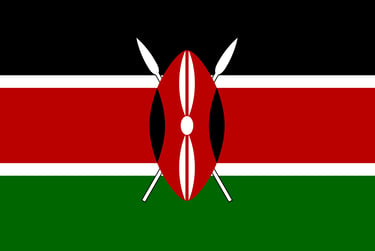Digitalization of Education in Africa
Digitalization of Education can pave the way for a brighter future for the African nations.
EDUCATION
12/14/20232 min read


In order for African countries to thrive and become more prosperous, it is crucial to prioritize education and embrace digitalization. Education plays a vital role in the development of any nation, and Africa is no exception. By investing in education, particularly in the areas of national learning management systems (LMS) and digital materials such as ebooks, African nations can pave the way for a brighter future.
One of the key aspects of education that needs attention is the provision of digital materials, including ebooks, for both primary and continued learning. By embracing digital resources, African students can access a wealth of knowledge and information that may not be readily available in traditional textbooks. Digital materials can be easily updated and customized to suit the specific needs of students, making education more engaging and relevant.
Furthermore, the digitalization of education opens up opportunities for teachers to enhance their skills and provide quality education at all levels. Teachers will need proper training to effectively utilize digital materials and incorporate them into their teaching methods. This will not only benefit the students but also empower teachers to deliver high-quality education that meets the demands of the digital age.
It is important to recognize that digitalization goes beyond just providing access to digital materials. It also involves creating national learning management systems (LMS) that can facilitate the organization, delivery, and assessment of educational content. These LMS platforms can serve as a centralized hub for educational resources, allowing students and teachers to easily access and manage their learning materials.
By embracing digital education, African countries have the potential to develop a skilled workforce that can contribute to economic growth and increased export. With the right education and training, individuals can acquire the necessary skills to meet the demands of the job market, both locally and internationally. This, in turn, can lead to increased productivity, innovation, and competitiveness on a global scale.
However, it is important to note that digitalization alone is not a magic solution. It should be accompanied by investments in infrastructure, internet connectivity, and teacher training. Governments, educational institutions, and international organizations must work together to ensure that the necessary resources and support are provided to make digital education a reality in Africa.
In conclusion, education is a fundamental pillar for the development and prosperity of African nations. By embracing digitalization and providing access to national learning management systems and digital materials, African countries can unlock the potential for a skilled workforce and increased export. It is crucial to invest in education and provide teachers with the necessary training to take full advantage of digital resources. Only through these collective efforts can Africa pave the way for a brighter future.
©2025 LuxeanaKenya






